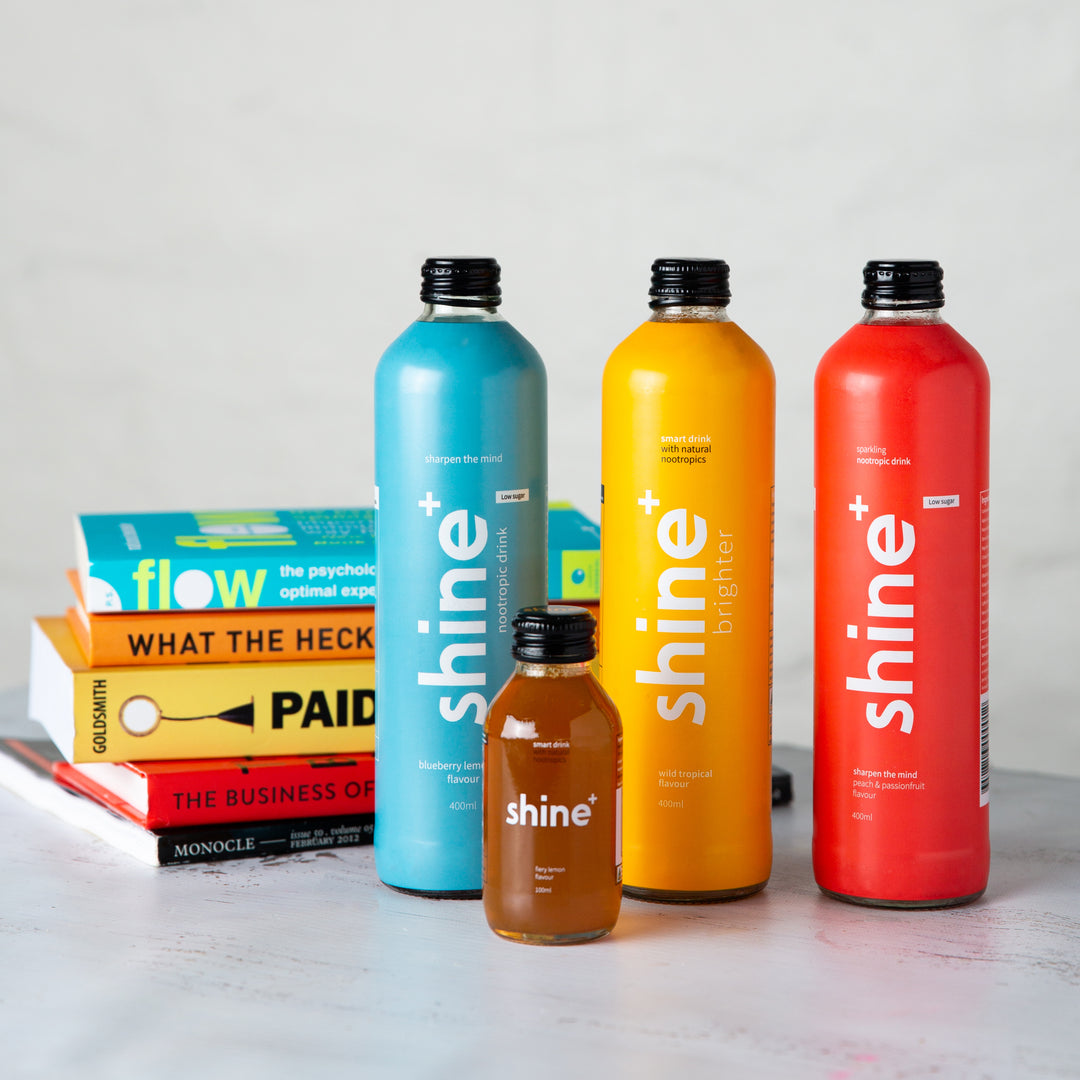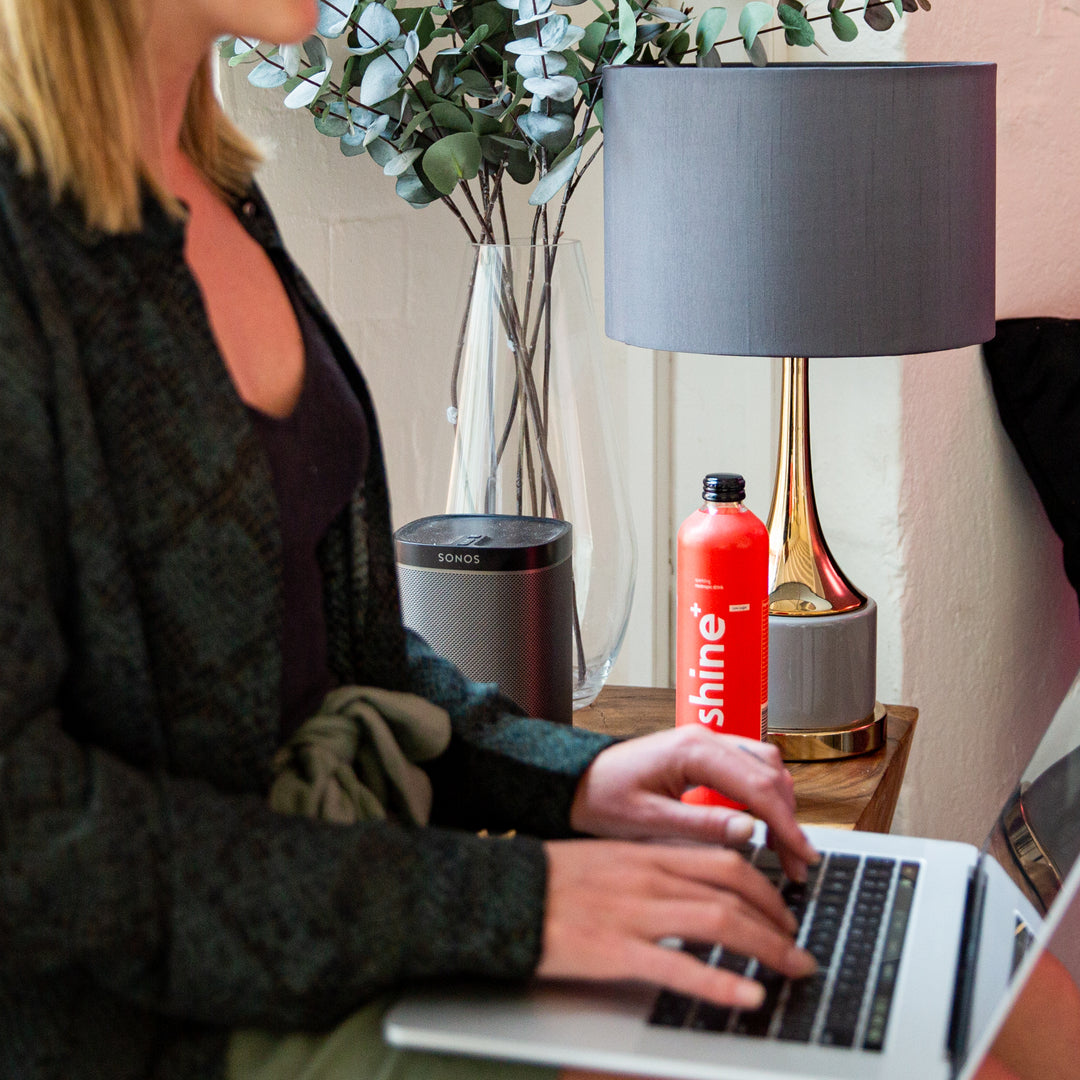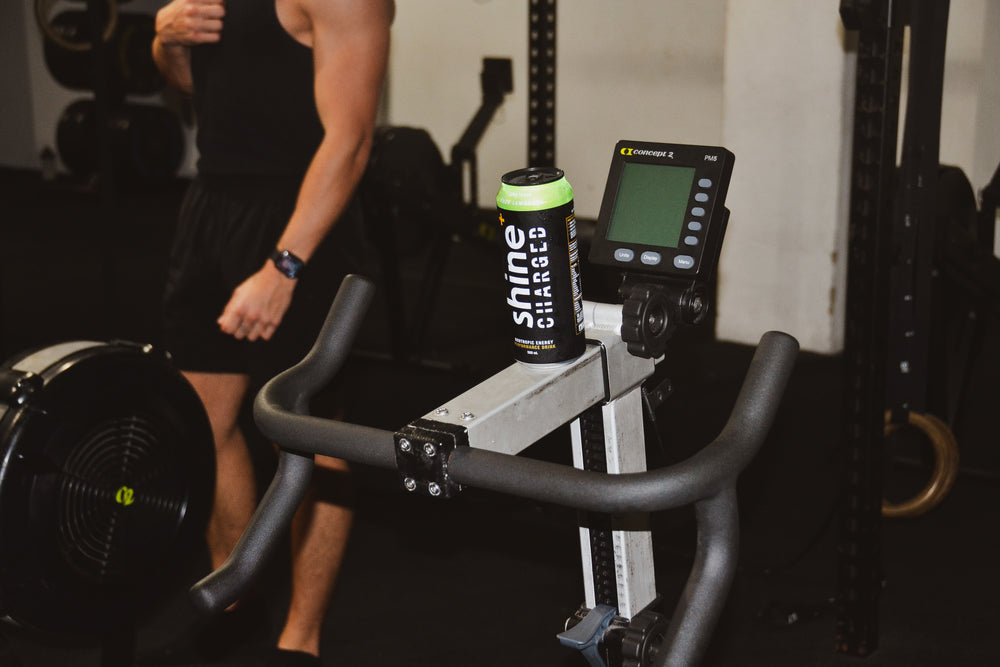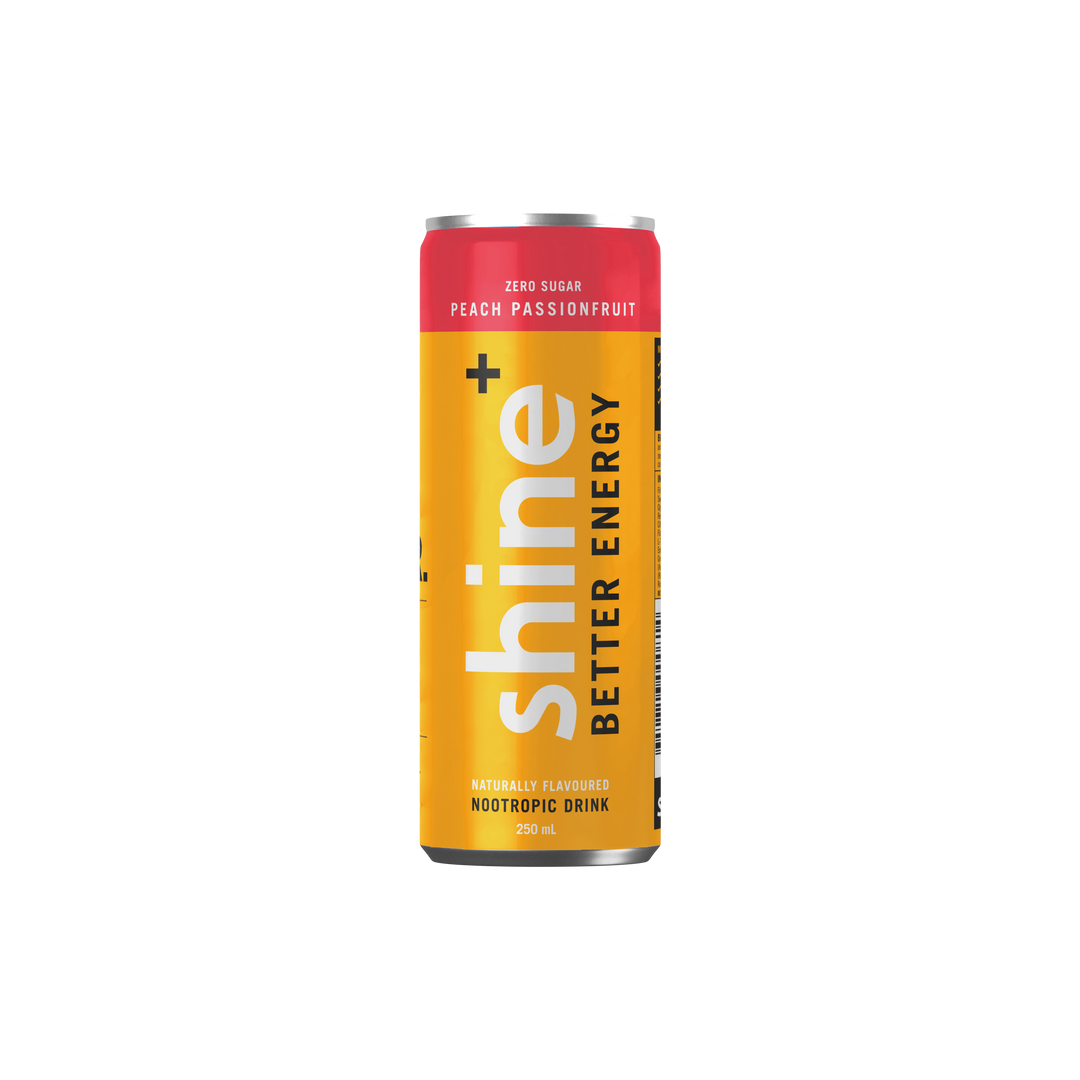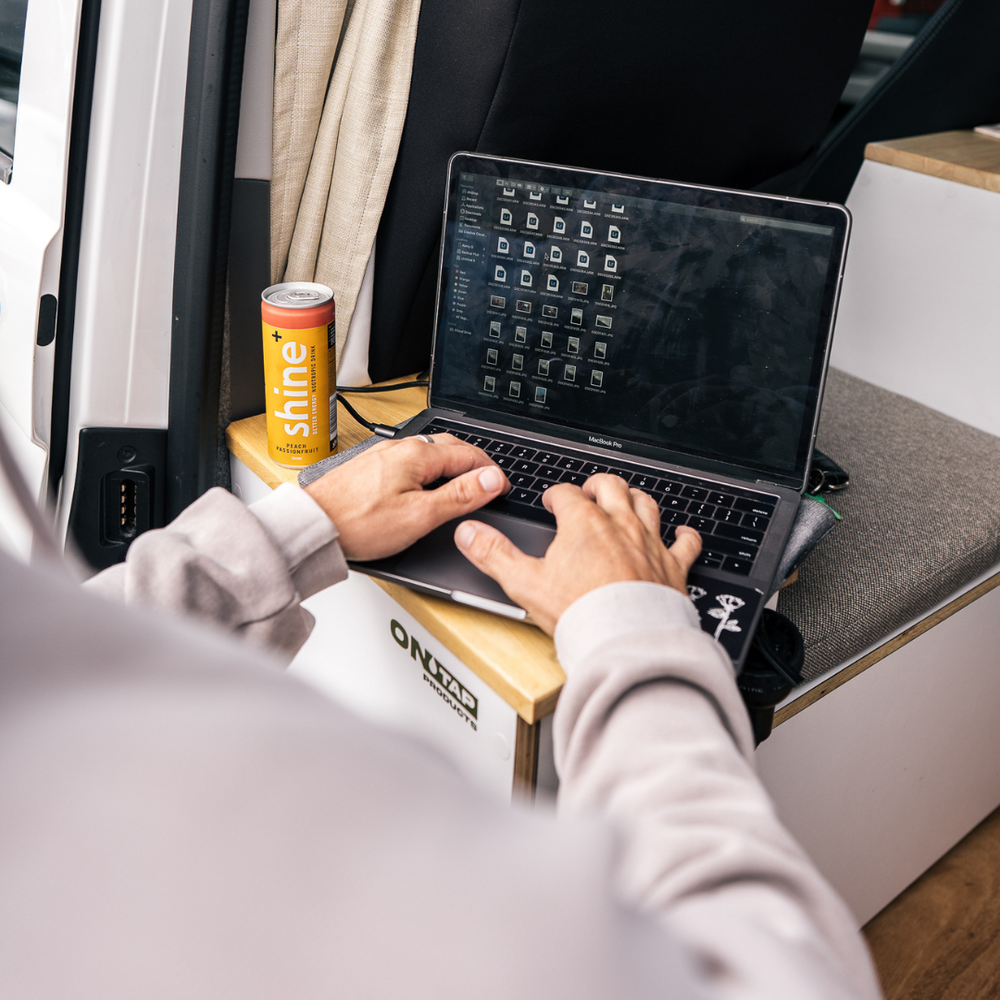CREATIVE WAYS TO IMPROVE YOUR MEMORY WHILE STUDYING
Everyone dreads exams. Seriously, how can anyone be expected to remember so much content in a mere few weeks?
Nevertheless, we have to do them. We try to cram as much information into our minds as possible. Writing study notes seems to be the default way of doing so. We’ll write out all the content required for the exam in a book of pages, and read over them again and again to force ourselves to remember the words.
There is a limit to how effective this technique is. Not only that, it’s boring. There are so many other, more creative, ways to remember different facts and figures you need to ace your exams.
Leaving post-it notes around the house
Post-it notes allow less room than a piece of paper, so it will provide a limit of how much you write. You simply write key words surrounding a topic, or triggers, and use those to help you remember the information.
Rather than sitting and reading them over and over again, leave them in different areas of your house. This way, you can read them when you find them instead of overwhelming yourself with stacks of information in one sitting.
Treat Yourself
Getting the information for your exams often comes from reading a textbook or materials selected by your lecturer. Whether you like it or not, you have to read these at least once in order to understand the content.
Motivate yourself to keep reading, and absorbing, your content by using treats. Tell yourself, “each time I read one chapter of the textbook, I can watch one episode of Game of Thrones”. You can use anything, as long as you are successfully learning the content you need to know without cheating.
Tell your pet what you know
Okay, this is one you’ll need an open mind to understand what I mean. Although if you have a pet, it may not seem that weird. Why shouldn’t you be able to sit down with them and tell them all about the content you’re studying?

It is sometimes easier to remember things when you say them out loud. The Huffington Post reported on a study that showed talking to yourself can aid the process of recollection by speeding it up. Although, it may seem less strange to tell someone else. Your pet is the only one who can’t tell you to go away when you start rattling off facts from your notes. Take advantage of their keen ears and let them calm your nerves as you speak. If you don’t have a pet, stuffed toys and pet rocks can be excellent stand-ins!
The method of loci
If your worst procrastination habit is day dreaming, this technique is right up your alley! Remember Everything offers an explanation of the visualisation technique, the method of loci. This method allows you to imagine a ‘memory palace’, in which you can pass by particular objects or rooms that can be associated with the facts you need to learn. These objects and rooms will soon become familiar to the student, so they are easier to recall during an exam situation.
This is a great and very simple way to help you remember things when they just won’t stick. According to the New York Times, studies have revealed that these memories have the ability to stick long term. All it takes is for you to close your eyes and open up your imagination to a world that is in your control.
Record and listen to your notes before, or during, a nap
Just like saying them out loud, listening to your notes can also be helpful. It has been proven that a great time to do this is before or during a sleep cycle. According to the Smithsonian, various studies have shown that people have a better chance of remembering something they have learnt by listening to it directly before or while you sleep, such as this one from 2011, because this is the time activities, thoughts and memories from the day that has passed are processed.
If you can find a podcast with all the content you need for your exam, that’s perfect. Turn it on and listen to it before you go to sleep, or you can even keep it running while you’re in the middle of a nap. If there is not, you can record yourself saying them instead. You might cringe at first after listening to your voice back, but you’ll get used to it.
Use your senses
Associating different topics with different scents or sounds can help you remember them in the long run. Fast Company talks about the importance of using all the senses to your advantage and how to do so. The smallest things matter, such as the amount of light in the room, and even the temperature!
Don’t be afraid of playing some music or lighting some scented candles while you study. It has been found that the association with sounds and scents may help you remember your notes better. Eating certain foods or drinking particular beverages can also help in a similar way. Remembering the taste or texture can help you recall the facts you learnt at the time of consummation. It can also ensure you are getting enough energy to focus properly while you are studying.
It's always a good idea to choose the healthier option. Shine+ contains Ginkgo biloba, which have been proven to help improve memory processes. Try and use the combination of lemon/ lime and ginger to help you recall different facts.
Some of these techniques might seem a bit silly or unlikely to make a difference, but try them before you make a judgement. You might be surprised at how effective it is.
WORDS BY JESSICA TESTA


